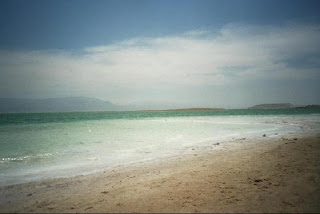 |
| Sir Thomas Browne (From whose work the title of my book comes.) |
Sir Thomas Browne (1605-1682) was an English author of varied works which reveal his wide learning in diverse fields including medicine, religion, science and the esoteric. Browne's writings display a deep curiosity towards the natural world, influenced by the scientific revolution of Baconian enquiry, while his Christian faith exuded tolerance and goodwill towards humanity in an often intolerant era. A consummate literary craftsman, Browne's works are permeated by frequent reference to Classical and Biblical sources and to his own highly idiosyncratic personality. His literary style varies according to genre resulting in a rich, unusual prose that ranges from rough notebook observations to the highest baroque eloquence. Although he was described as suffering from melancholia, Browne's writings are also characterised by wit and subtle humour. (Text courtesy of Wikipedia)
 |
| Browne's Hydriotaphia (photo courtesy of Kevin Faulkner) |
For further reading, I recommend this site: Aquarium of Vulcan
 |
The works of Sir Thomas Browne have had and continue to have a profound impact on my writing and on my thinking. As we all know, it is not uncommon for writers to title their works from a sentence or a phrase or a whisper from the great works of literature. Several writers have given their books titles from the texts of Sir Thomas Browne, as I have.














